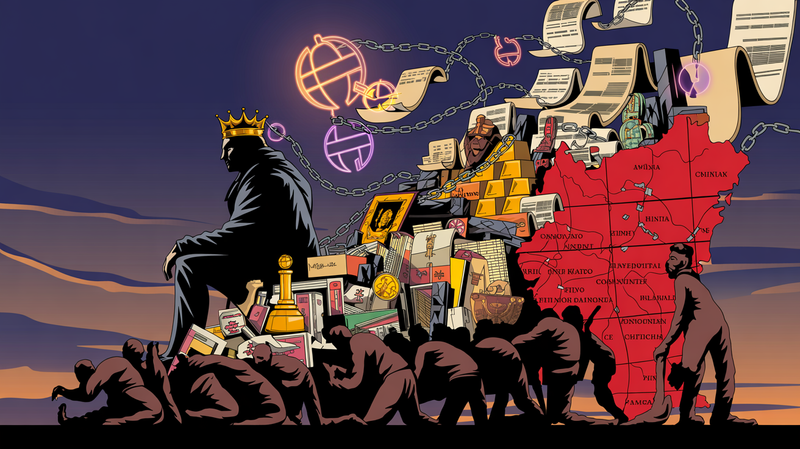Chasing Affordability: An Expat's Journey from Singapore's Skyline to Kuala Lumpur's Embrace
Once upon a time, Benedikt Becker, a wide-eyed marketing professional from Germany, followed his dreams to the city-state of Singapore. An urban oasis that offers a mesmerising blend of towering skyscrapers, lush greenery, and architectural marvels. The allure of the bustling business hub captivated Becker. He was more than willing

Once upon a time, Benedikt Becker, a wide-eyed marketing professional from Germany, followed his dreams to the city-state of Singapore. An urban oasis that offers a mesmerising blend of towering skyscrapers, lush greenery, and architectural marvels. The allure of the bustling business hub captivated Becker. He was more than willing to shell out SGD 2,800 ($2,072) monthly to rent a cosy condo apartment nestled in the city's eastern region, with the azure waters of the beach only a morning walk away.
However, as the months passed in the glistening city-state, the financial reality began to hit. The creeping surge in living expenses started eating into Becker's paycheque. The modest Grab rides to his office, once costing 12 to 14 Singapore dollars, inflated to a staggering 22 to 25 Singapore dollars. The once-charming apartment rent began to feel like a ball and chain when he heard stories of landlords hiking rents by 20-30 percent. The city of dreams was slowly turning into a fiscal nightmare.
The spiral of costs didn't stop at accommodation and commuting. Singapore's prime residential market witnessed a meteoric rent rise of over 26% in 2022 - a leap much steeper than experienced in world cities like London, Sydney and New York. In the face of mounting living expenses, the Singapore government announced an increase in the Goods and Services Tax, further squeezing the pockets of its denizens.
Caught in the city's escalating financial grind, Becker decided it was time for a change of scenery. He looked across the strait to the heart of Malaysia, Kuala Lumpur. Trading the city-state’s glitter for Malaysia's capital's affordability, Becker dove into a world of new opportunities. Accepting a pay cut, he began working remotely for a German tech start-up. The move presented him with more than just a lower cost of living; it gave him a fresh perspective on life in Southeast Asia.
In Kuala Lumpur, Becker found a financial sanctuary. The SGD 800 ($592) he now pays for a co-living space seemed like a small price compared to what he left behind in Singapore. GrabFood meals became significantly cheaper, and his daily commute transformed from a dent in his wallet to a manageable expense. The financial pressures had lifted, and Becker found himself breathing easier.
Becker's migration from Singapore to Kuala Lumpur signifies a larger trend, a wave of expats abandoning the escalating costs of Singapore, seeking refuge in more cost-friendly Southeast Asian cities. Recruitment agencies echo this sentiment, reporting a notable shift in multinational firms' strategies to relocate staff to economically viable locations.
Despite this trend, Singapore retains its charm, especially for high-level executives due to its vibrant business environment and proximity to investors. For others like Becker and American software engineer Will Fong, however, the pursuit of affordability and quality of life is pushing them into the embrace of neighbouring countries.
The Singaporean government promises a stabilisation in the rental market, expecting the supply of housing units to ease the pressure. Yet, only time will tell if Singapore can regain its balance and continue to be the 'dream city' for aspiring expats.
As for Becker, he doesn't regret his decision. Despite missing Singapore's pulsating start-up scene, he takes solace in his ability to navigate the cost of living and enjoy a quality life. Every few months, he returns to the city-state, reconnecting with its business scene, and reaffirming his decision - sometimes, changing the game is the only way to continue playing.




